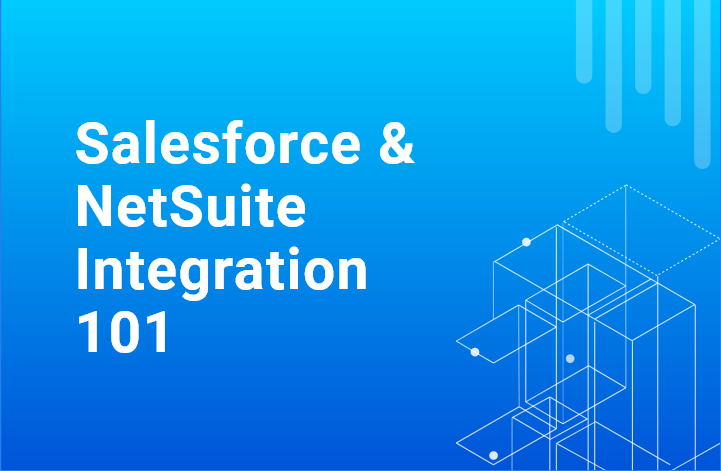
The consumer world now stands on an ultra-fast paced marketplace. Our buying choices are constantly being shaped by the internet at the rate twitter trends change.
Celebrities and social media personalities are all over any electronic display medium flaunting their clothes, food and gadgets. They tell us the trend and say exactly what’s right and nice, and what’s not.
This has led to a change in consumer demands which become a challenge that businesses need to cope with. Businesses must be able to manage unexpected surge in order volumes, offer competitive product and service promos, and ship or return items faster. These headaches do not yet take into account the management and payment of bills as well as payroll functions.
These challenges can be easily addressed through the help of business systems – e.g. ecommerce, logistics, accounting and payroll, etc. But nowadays these systems no longer operate as standalone programs, they already come with other system solutions or what they call “plugins” and are normally integrated to be more efficient. This process happens through the use of an integration platform which is another software acting as conduit between multiple systems, making real-time coordination and data-sharing seamlessly possible.
Businesses rely on software and IT companies that provide the product integration platform as well as the professional services needed to operate and support it. This comes as the next challenge for an entrepreneur because just like in any other software product market- there are a lot of options. There are those that are installed on-premise and those that are cloud-based. Now however, a cloud-based integration platform software is the norm, and the one often used – more commonly called as iPaaS (Integration Platform as a Service, aka Connector).
An iPaaS (Integration Platform as a Service) is a cloud-based platform (i.e. web-based software) that allows integration of multiple systems or solutions that are developed in different environments. This technology enables communication between varying business systems across the different departments in an organization reducing errors and turnaround times for cross system data sharing and processing. This cloud-based model also addresses the need for a secure and reliable integration solution.
iPaaS, in simple terms, allows businesses to take advantage of having different business applications to work together through custom-made workflows without any extra hardware or third-party application set up on-site, or in the cloud, between different areas of a business.
Most businesses rely on an iPaaS Vendor or an IT Solutions Provider to deploy the needed cloud-based software infrastructure. A systems integration implementer will be the one to help design the workflows and functions according to the requirements of the business. The market offers a dozen options when it comes to choosing an integration platform (an iPaaS kind). A systems integration plan usually only considers one factor when selecting the right iPaaS- business size, taking into account its scope of operations which gives integrators the idea of the size and complexity of data to integrate.
To illustrate a common business scenario requiring systems integration, picture an eCommerce application that sells and advertises your items online. However, you later realize that since your online marketplace is receiving quite a volume of inquiries, you also want a function that automatically responds to customers through chat or email on concerns regarding item availability, stock quantity, and shipping information, etc. Then one day a customer asked about a pair of shoes that you ran out of stock but you don’t want to keep them off your store so you asked them to subscribe for updates and newsletters with the help of your marketing tool. All these are made possible without the need for manual data entry saving you time and money.
The rise of SaaS (Software as a Service) over the past decades created a demand for more integrated systems in the software ecosystem. The need for a single software solution to rapidly deploy cloud-based systems. However, as previously mentioned, there are a dozen options when selecting an iPaaS or an integration platform.
Here are six important considerations you should look into when choosing an iPaaS:
Lean and Agile
An iPaaS should always cater to the specific business requirements in creating an integration plan. It should be able to quickly develop, test and promptly deploy workflows and functions, and can also be readily modified if required.
Speedy Development
An iPaaS should have business rules, maps, pre-built connectors, and integration templates for specific use cases. iPaaS allows a swifty program development cycle unlike old integration platforms or like those that still rely on old school coding.
End-to-End Testing
An iPaaS should be able to flexibly create custom features or do modifications right after the testing. The testing stage is essential in identifying errors throughout the process of integration.
Quicker Deployment Time
Time-to-production is a fundamental advantage in systems integration. A quicker deployment time is a result of a combination of agile methodology, fast development and end-to-end testing.
Experienced and Proactive Support
An iPaaS vendor or your IT solutions provider should be able to adapt to your changing business requirements in providing integration maintenance and updates.
API Ready
Since APIs are the most convenient way to quickly connect through any network and automate data transfers, an iPaaS should have API management capabilities.
Systems integration is the most capable answer to eliminating disruptions that is caused by multiple and uncoordinated systems. An iPaaS can easily connect systems and data within and outside of an organization. This technology solution becomes a single source for every aspect of business operation, and is considerably the greatest leap in addressing the challenge of the modern marketplace.
























